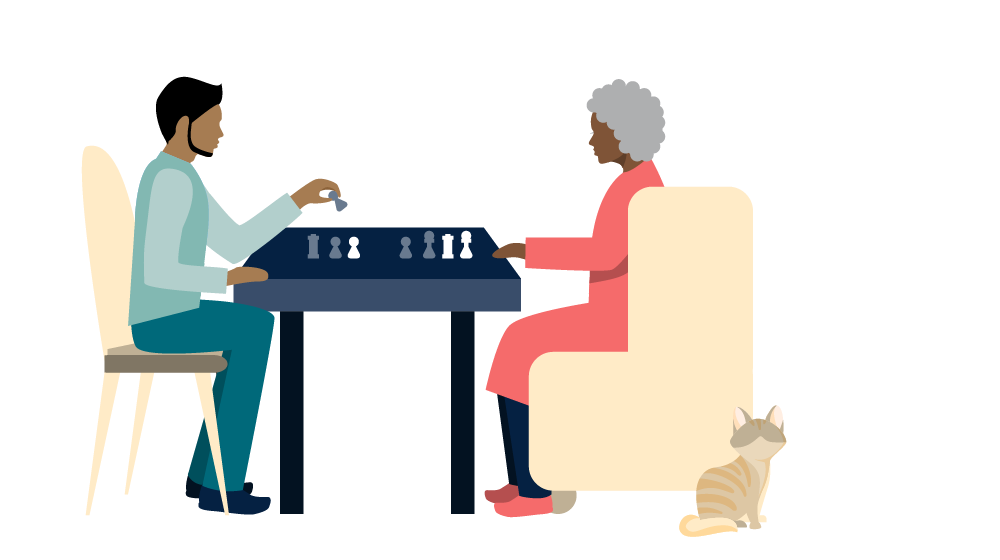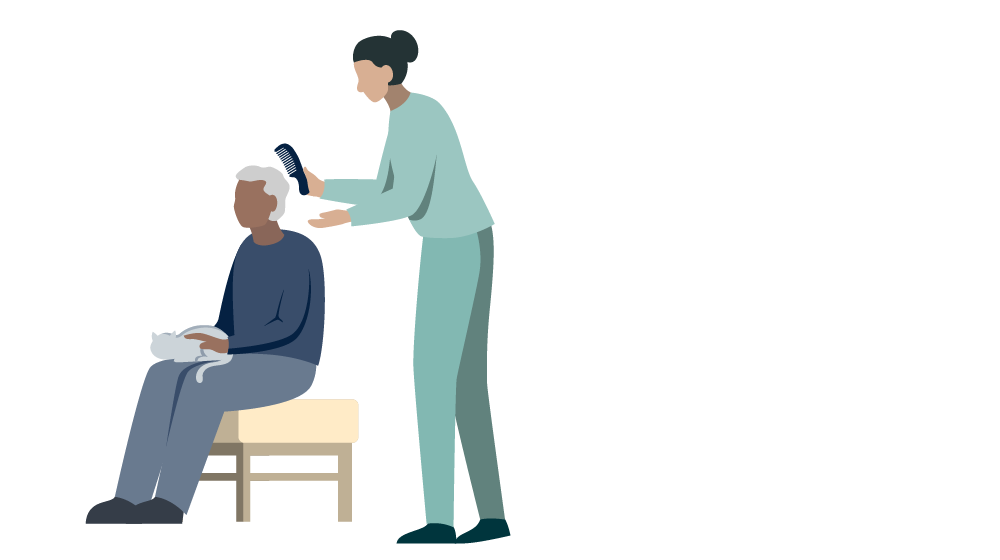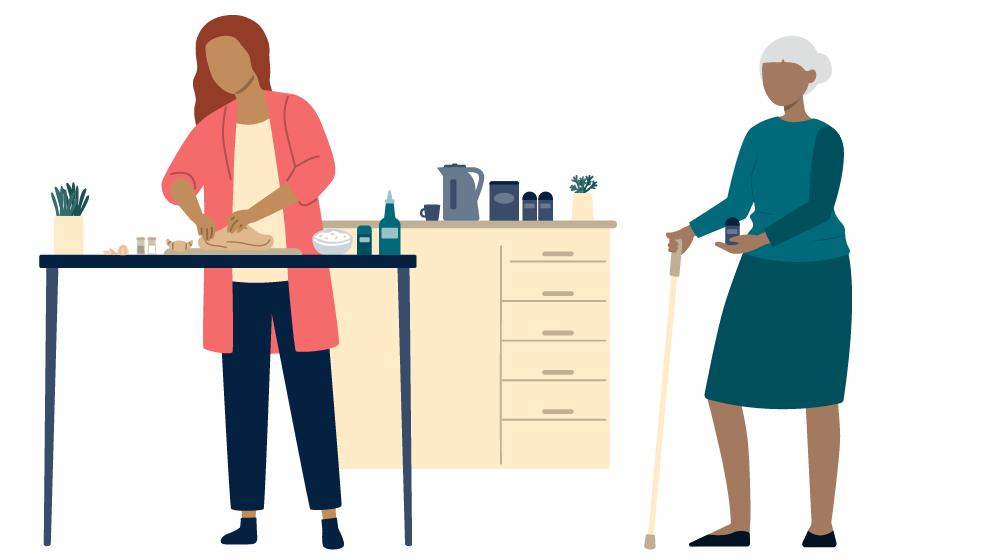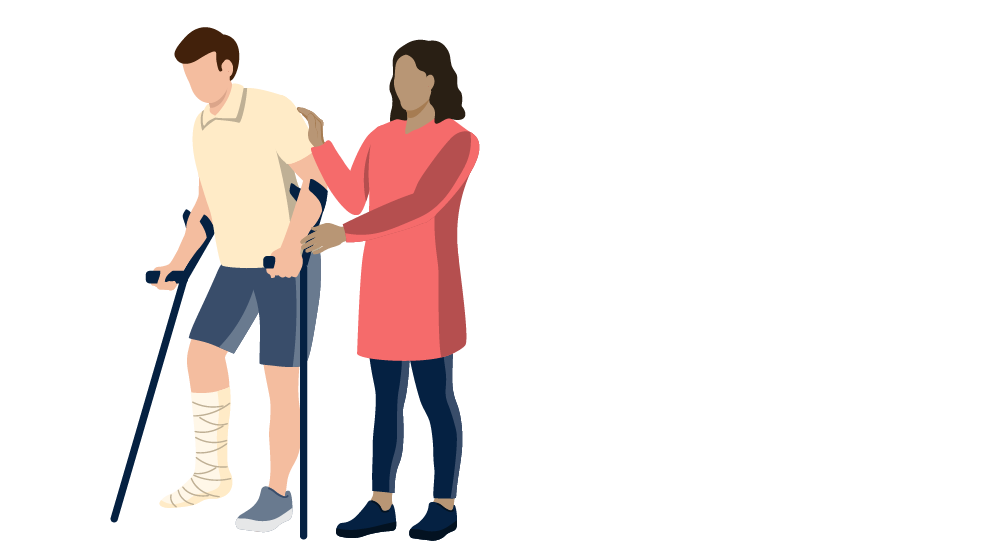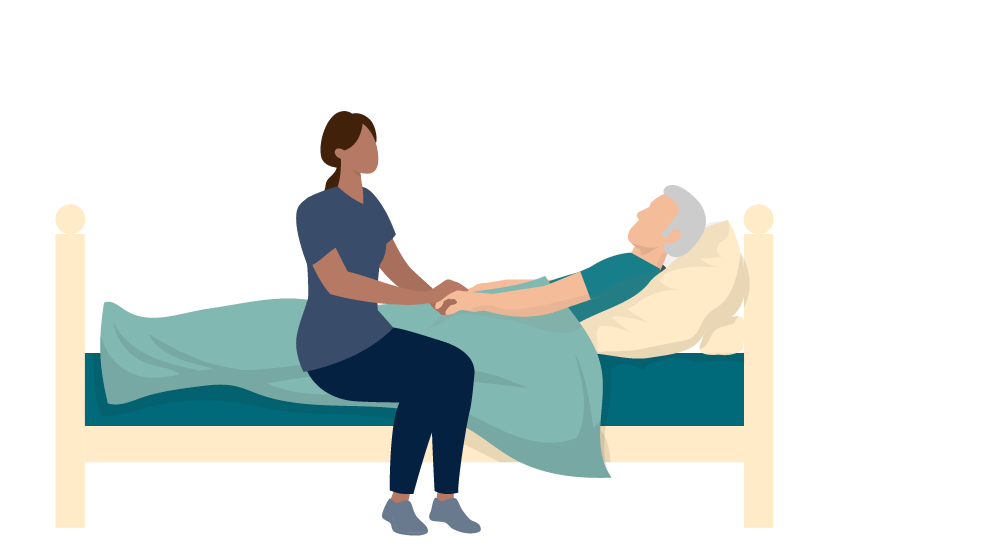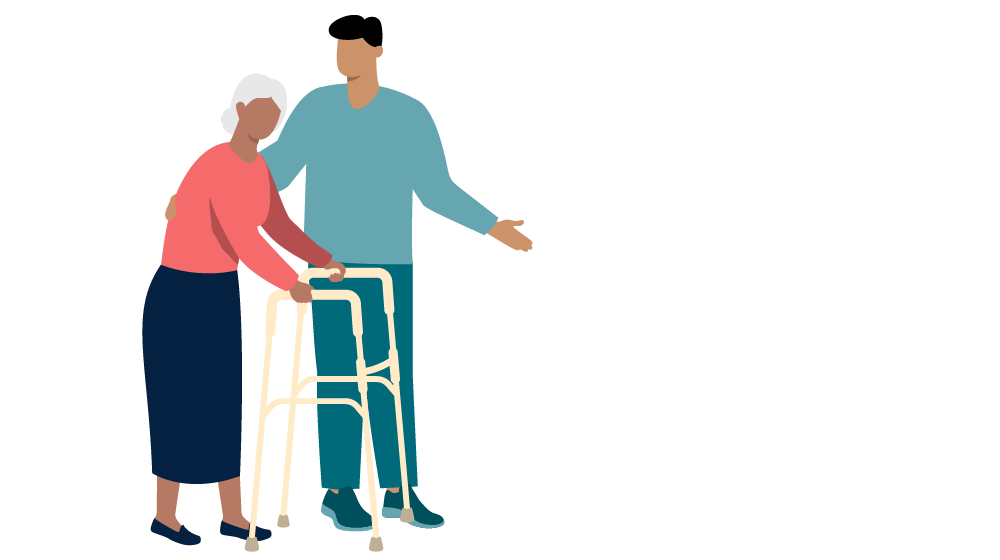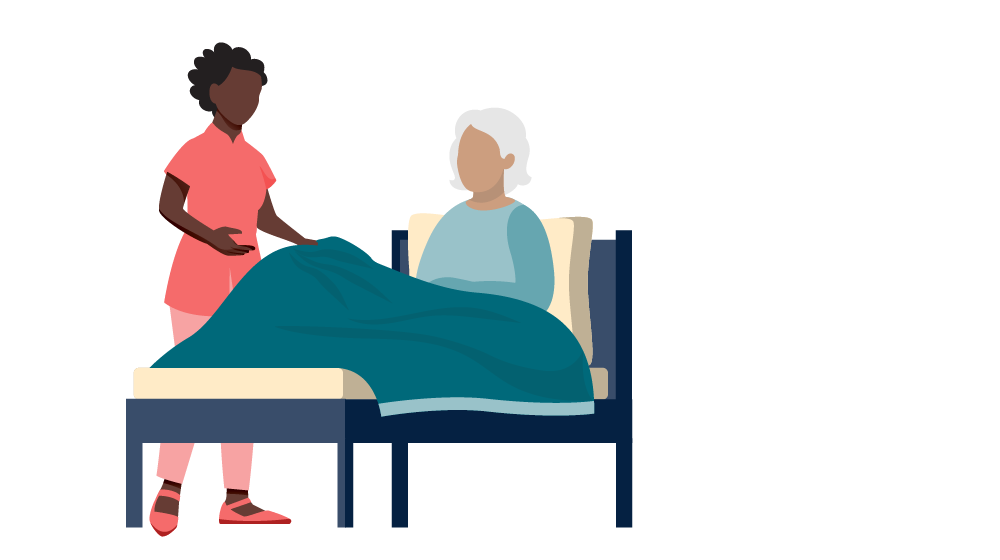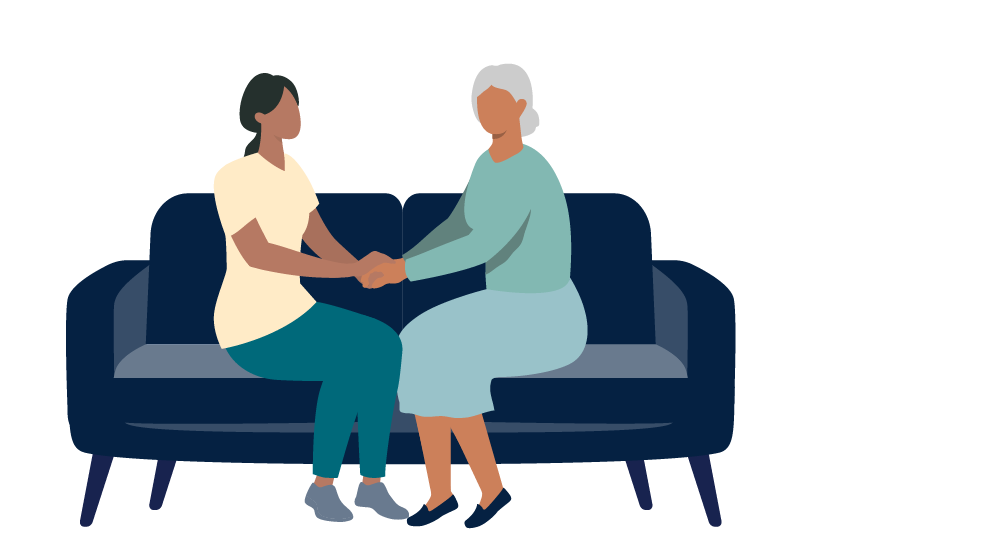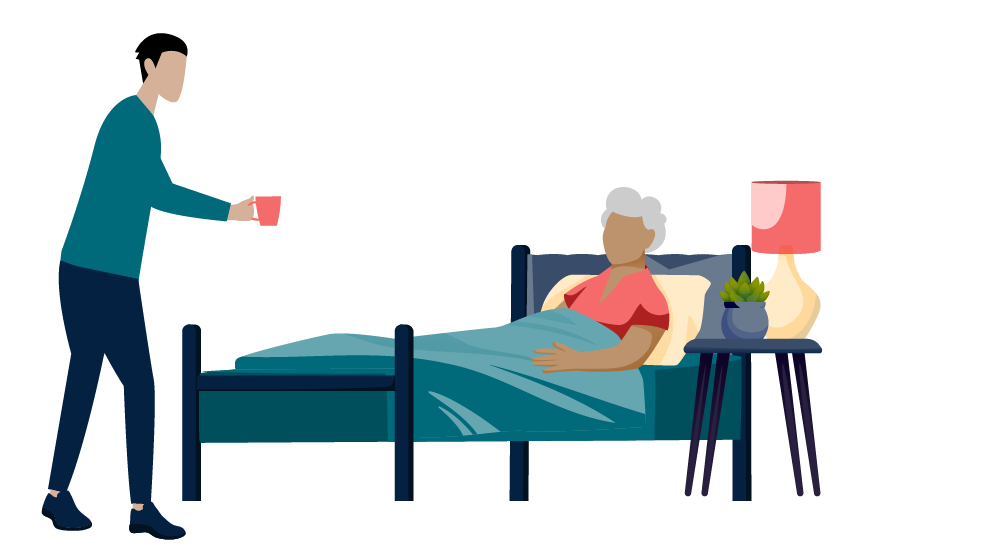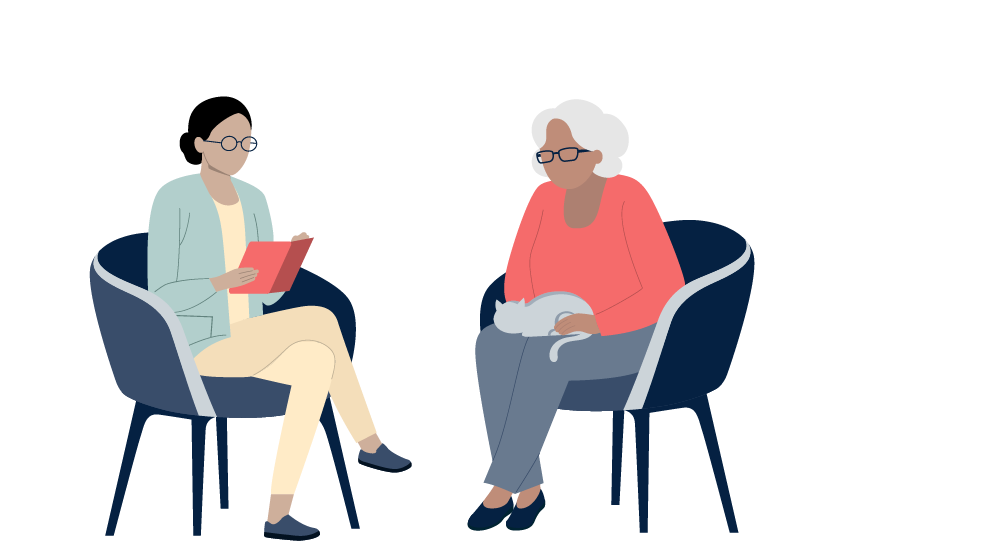
Respite Care
Caring for a loved one can be overwhelming. You must selflessly provide daily support in addition to your own responsibilities, like your career, children, finances, household tasks, social engagements, and more. Being an effective Caregiver for others demands that you take care of yourself, too. When you need a break, Griswold is a trusted source of relief. Our Caregivers can provide:
- Homemaking, companionship, and personal care
- Specialized Care for those who need assistance due to certain conditions, illnesses, or injuries.
- Around-the-clock care if you will be away for an extended period
Caring for a loved one can be overwhelming. You must selflessly provide daily support in addition to your own responsibilities, like your career, children, finances, household tasks, social engagements, and more. Being an effective Caregiver for others demands that you take care of yourself, too. When you need a break, Griswold is a trusted source of relief. Our Caregivers can provide:
- Homemaking, companionship, and personal care
- Specialized Care for those who need assistance due to certain conditions, illnesses, or injuries.
- Around-the-clock care if you will be away for an extended period
